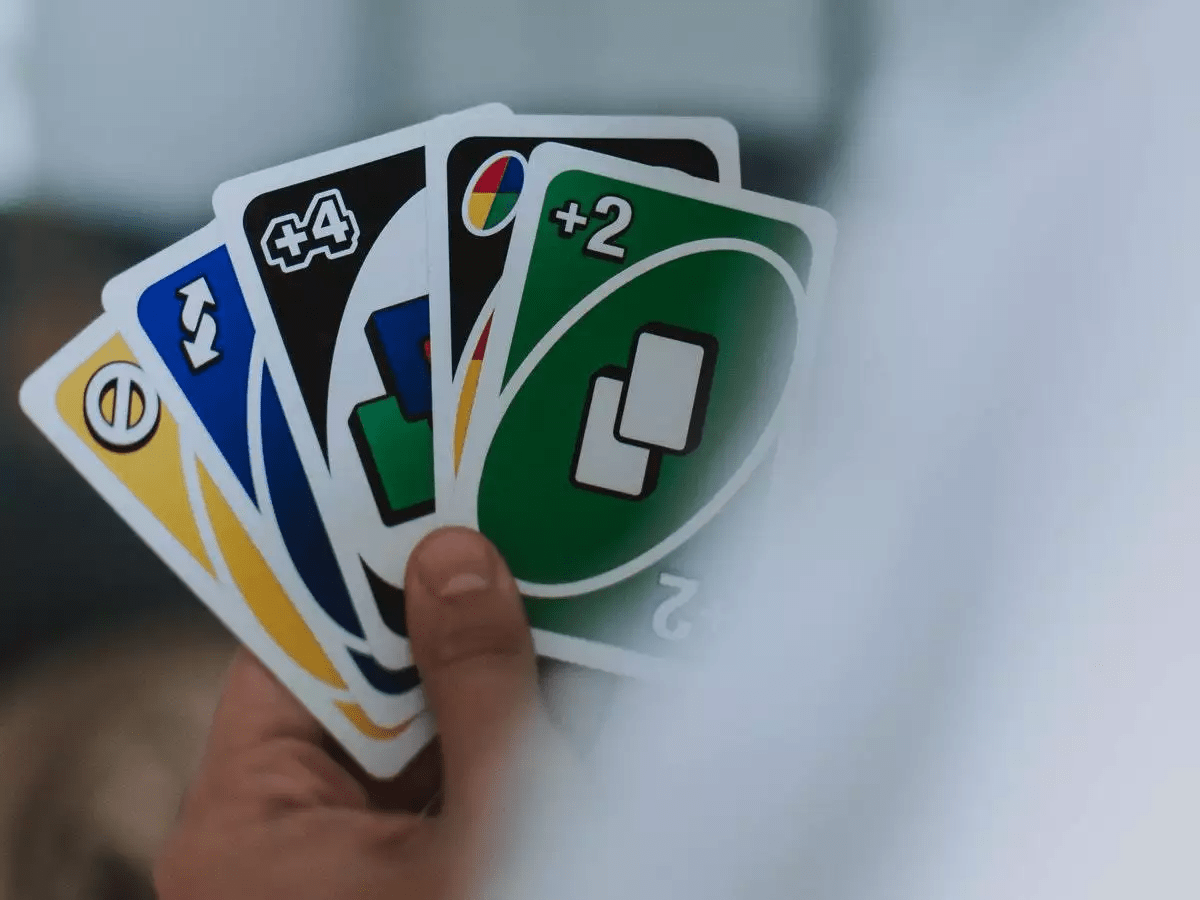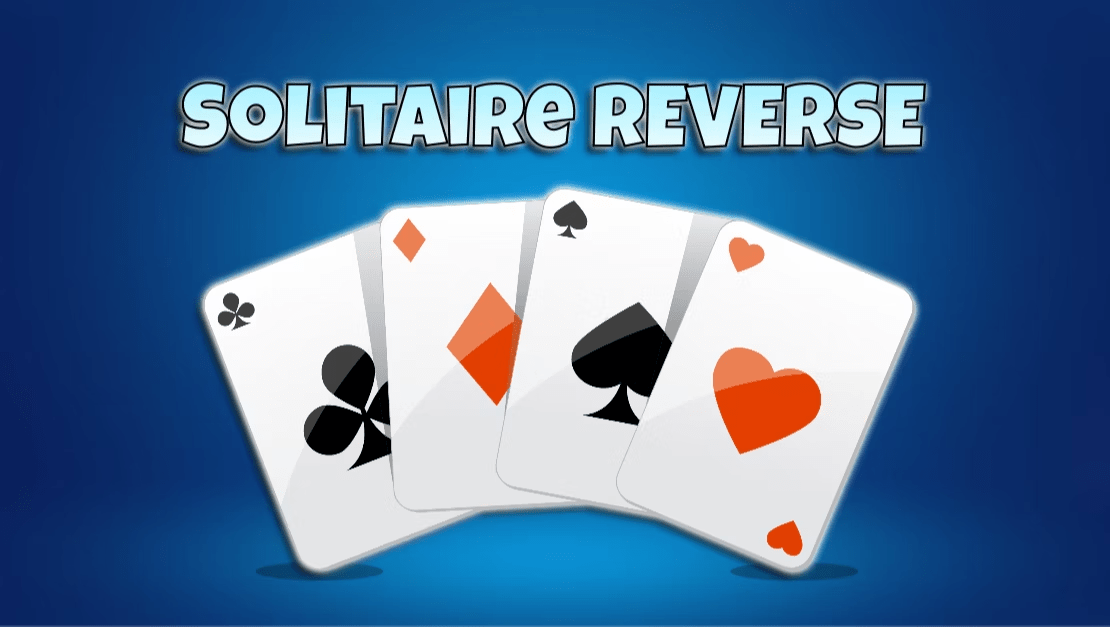Card games have long been a source of entertainment for people of all ages. From traditional games like Poker and Bridge to modern classics like Magic: The Gathering and Hearthstone, card games have captured the hearts and minds of millions worldwide. However, beyond their recreational value, card games are powerful tools for developing strategic thinking skills. Whether played casually with friends or competitively in tournaments, card games provide a unique platform for honing one’s ability to plan, strategize, and adapt. In this article, we will explore how card game can be used as effective tools for cultivating strategic thinking.
Honing Decision-Making Skills
One of the key aspects of strategic thinking is making informed decisions. Card games require players to evaluate many factors before making each move. Every decision in a card game carries consequences, and players must carefully weigh the risks and rewards associated with their choices. This constant evaluation of options and the ability to adapt to changing circumstances is crucial in developing strategic thinking skills.
For instance, in a game of Poker, players must analyze their hand’s strength, gauge their opponents’ behavior and potential hands, and decide whether to bet, call, or fold. This process involves assessing probabilities, reading body language, and considering the overall dynamics of the game. By repeatedly engaging in this decision-making process, players enhance their ability to think critically and strategically, skills that can be applied to various real-life scenarios.
Strategic Planning and Risk Assessment
Card games also encourage players to engage in strategic planning and risk assessment. Successful players think about their current situation and plan several moves. They consider different possible outcomes and formulate strategies accordingly. This ability to anticipate future scenarios and plan accordingly is vital in strategic thinking.
Take the game of Bridge, for example. Bridge requires players to communicate and plan with their partners to outwit their opponents. Each player must assess the strengths and weaknesses of their hand, anticipate the potential distribution of cards, and devise a winning strategy. By constantly practicing this process, players enhance their foresight and develop the ability to create and execute long-term plans—a skill with wide-ranging applications beyond the game itself.

Adaptability and Flexibility
Card games often involve unpredictable elements, such as random card draws or opponents’ actions. As a result, players must be adaptable and flexible in their thinking. They need to adjust their strategies and find alternative paths to victory when faced with unexpected challenges. This ability to adapt to changing circumstances is a crucial aspect of strategic thinking.
In games like Magic: The Gathering, players build decks with various cards that serve different purposes. During a match, players must make quick decisions based on the cards they draw and their opponents’ moves. They must be able to modify their plans, improvise new strategies, and capitalize on emerging opportunities. By engaging in this process, players develop their ability to think on their feet and adapt to dynamic situations, which is essential in strategic thinking.

Play Card Games
Card games provide a unique and engaging platform for developing strategic thinking skills. They require players to hone their decision-making abilities, engage in strategic planning, and adapt to changing circumstances. Whether played casually or competitively, card games offer a valuable opportunity to cultivate critical thinking, foresight, and the capacity to make informed choices. So, the next time you sit down for a game of cards, remember that you’re not just having fun but also sharpening your strategic thinking skills.